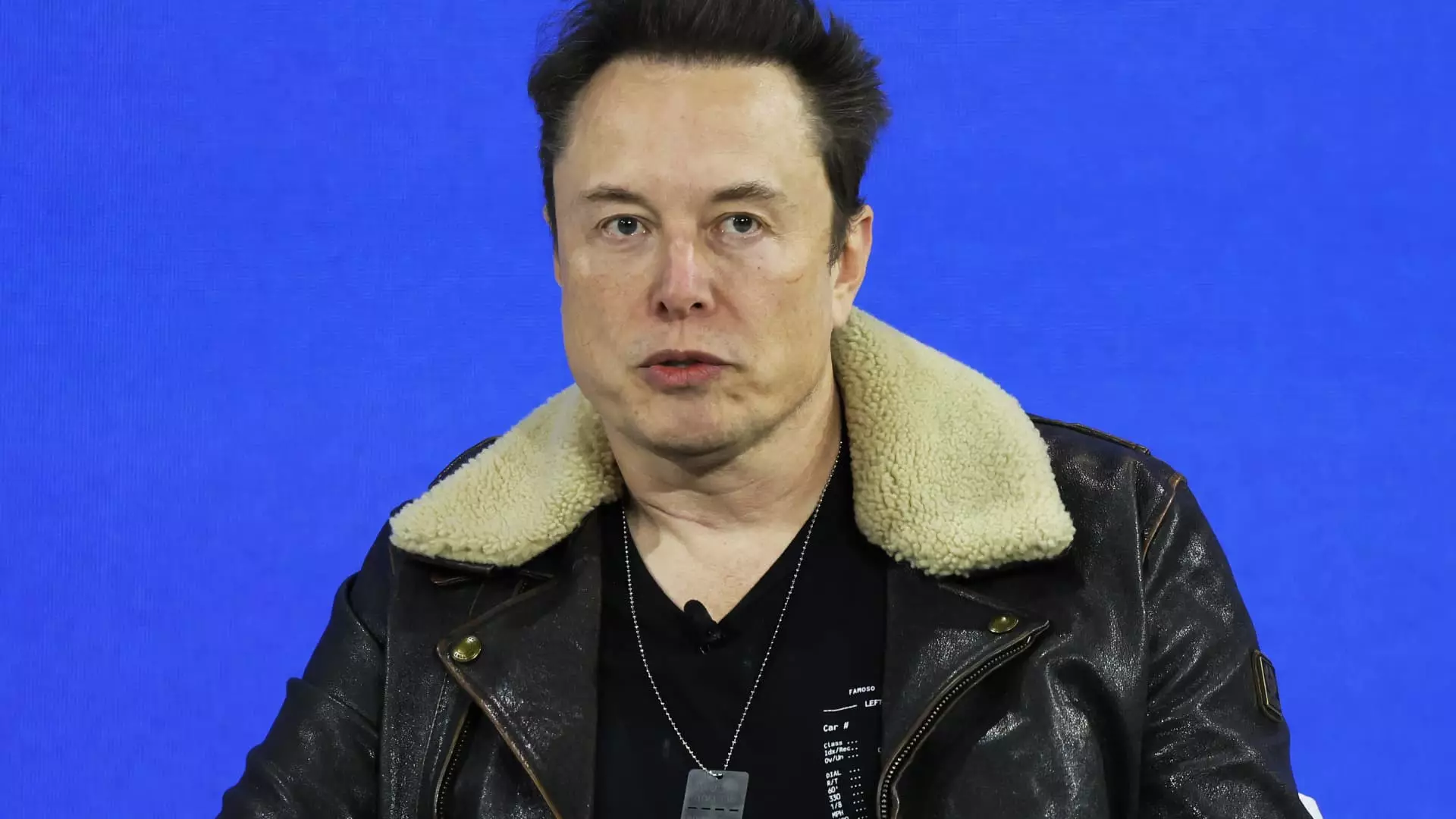Tesla’s challenges with labor unions in Scandinavia have taken a turn for the worse as it lost a legal battle against Sweden’s postal service. The conflict arose when the postal service’s workers refused to deliver license plates to the U.S. electric vehicle giant in solidarity with striking mechanics. The mechanics were demanding that Tesla sign a collective bargaining agreement, a customary practice in Sweden. Although Tesla took legal action and CEO Elon Musk called the move “insane,” a Swedish court ruled against the company, stating that PostNord would not be compelled to deliver the license plates at this time.
This development is undoubtedly concerning for Musk, as it reflects the growing support for the principle of collective bargaining among Scandinavian labor unions. Sympathy strikes have been spreading throughout the region, with union members from various Swedish industries joining the secondary strike action. These strikes are in support of members of trade union IF Metall, who have been engaged in a prolonged battle with Tesla for approximately six weeks.
The labor unrest has now extended beyond Sweden, as fellow unions in Scandinavia show their support for the principle of collective bargaining, which is considered a fundamental aspect of labor relations in the region. The largest trade union in Denmark recently announced its own sympathy strike, aiming to prevent Tesla cars from being delivered to Danish ports and subsequently transported into Sweden. Similarly, Norway’s largest private sector union declared its intention to block vehicle shipments destined for Sweden from December 20. The Finnish transport workers’ union also confirmed its participation in the labor action, imposing a blockade on Tesla vehicles scheduled for Sweden across all Finnish ports from the same date.
The significance of collective agreements for workers cannot be overstated. According to Ismo Kokko, the Chairman of the Finnish transport workers’ union AKT, these agreements are “an essential part of the Nordic labor market system.” This sentiment is echoed by many unions in Scandinavia, who view collective bargaining as vital for protecting workers’ rights and ensuring fair labor conditions. The solidarity displayed by these unions in supporting each other’s strikes against Tesla demonstrates their commitment to the Nordic model of labor relations.
In addition to the escalating labor conflicts, Tesla faced another blow when one of Denmark’s major pension funds, PensionDanmark, announced its decision to sell its holdings of Tesla stock. This action was prompted by Tesla’s refusal to engage with labor unions and enter into agreements with them. PensionDanmark stated that its responsible investment approach is based on international conventions and agreements, including the International Labour Organization (ILO) conventions regarding labor rights. The fund strives to influence companies through active ownership but, in cases where the company proves unresponsive, exclusion from the fund’s holdings becomes necessary. Given Tesla’s categorical refusal to sign any agreement in any country, PensionDanmark concluded that it currently lacks the ability to influence the company, leading to the decision to exclude Tesla from its portfolio.
Tesla’s resistance to pursuing collective bargaining agreements creates a significant ideological divide. These agreements serve as the foundation for the Scandinavian economic model, which affords workers the right to negotiate a range of employment conditions, including wages, vacation periods, overtime pay, and other benefits. This clash highlights the challenge Tesla faces in reconciling its approach to labor relations with the cultural expectations and norms of the countries in which it operates.
Tesla finds itself in a precarious position as its labor union troubles in Scandinavia intensify. The support shown by fellow unions and the legal setbacks faced by the company reflect the importance of collective bargaining in the Nordic region. While Tesla’s refusal to sign collective bargaining agreements may align with its broader business strategy, it clashes with the principles deeply ingrained in Scandinavian labor relations. As the conflicts continue to unfold, it remains to be seen how Tesla will navigate these challenges to maintain its operations and relationships in Scandinavia.


Leave a Reply